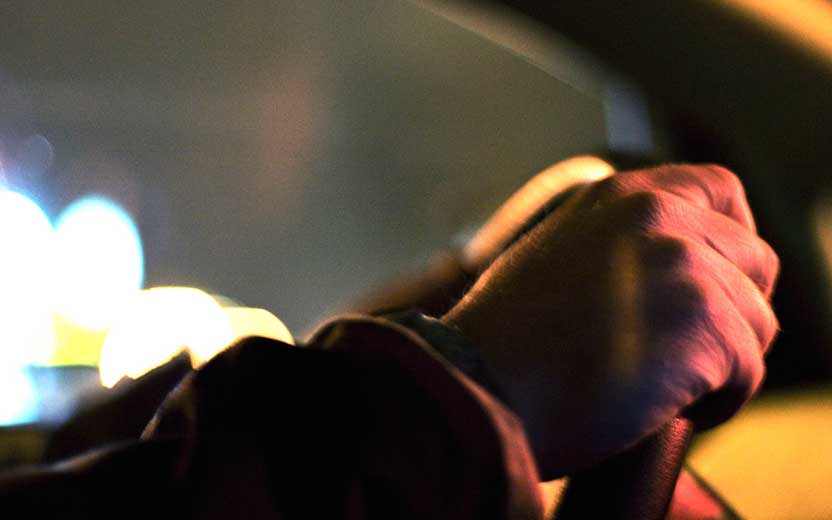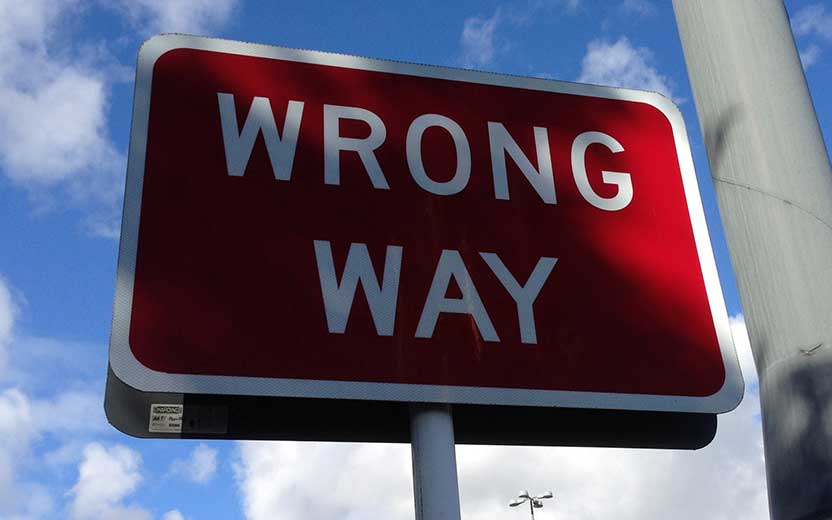By Marcus Fernandez
Few people realize that there are guidelines the court goes by to determine if a property owner is liable for an injury sustained while a person was on their property. A case is not won or lost simply because a person was injured. Other factors must be proven before a liability suit can be won. The first step is to become familiar with the terminology of premises liability laws.
Premises liability law is a sub-category of personal injury law where a person sustains an injury directly due to an unsafe condition or by an assault that may have been prevented by the person or company that has control over the property.
Causes in Premises Liability Cases
- Wet or slippery floors
- Uneven sidewalks
- Poorly or dimly lit walkways or stairwells
- Inadequate security that has led to assault
- Missing or broken handrails on stairwells
- Swimming Pool Accidents
- Amusement Park Accidents
Specifics of the law vary from state to state and from community to community but the general principles are universal. A property owner is responsible for making sure that reasonable precautions are taken to avoid bodily injury.
Many factors play into whether or not the property owner is liable. Under certain circumstances, a homeowner may be liable for an injury to an invitee but not to a trespasser. An invitee would be someone who the owner expected to be on the property, such as a guest, customer or workman. A trespasser would be someone the owner did not expect and had no knowledge of his presence on the property.
Special laws, known as the attractive nuisance doctrine, are in place to protect children and teenagers. If there is something on a property that could be dangerous and could attract minors then the property owner is expected to take special precautions to avoid injury. Typical attractions include swimming pools, caves, machinery and dangerous animals.
Some liability suits can be won when there is inadequate security. Again, this generally speaks to what a normal person would have done in a similar situation. For example, if there had been a recent series of assaults in a shopping center parking lot, it would be reasonable for the property owner to increase the security in that area.
If you have been injured while on another person’s property or if someone has been hurt while on your property, seek legal advice by contacting us while the scene is undisturbed and the details are fresh in your mind.


